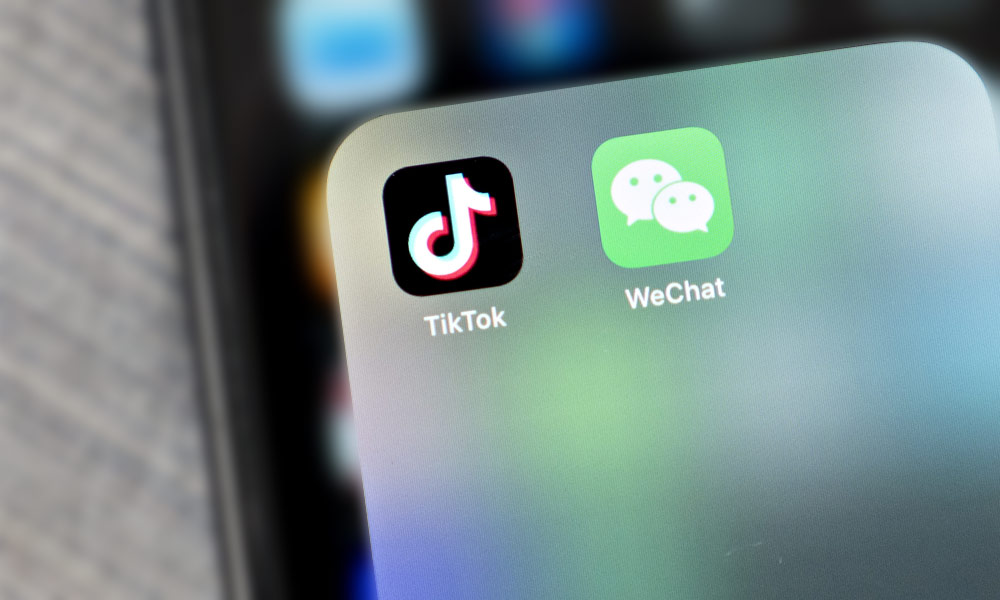After more than a month of threatening, U.S. President Donald Trump finally issued executive orders to ban the popular Chinese-owned social media apps TikTok and WeChat in the U.S. on national security concerns.
The US President’s executive orders which was signed on August 6 however, are so far vague, but said that “any transaction that is related to WeChat by any person, or with respect to any property, subject to the jurisdiction of the United States” shall be prohibited.
Making things clearer, the orders prohibit any person subject to U.S. jurisdiction from dealing with TikTok’s Beijing-based owner ByteDance, and Chinese Internet giant Tencent Holdings in transactions related to its payment and messenger app WeChat.
Talks of banning the apps came after the Trump administration was worried about the apps' capabilities in collecting U.S.-based users, and the potential of providing that data to the Chinese government.
The news came as the two countries continue to aggressively clash during the 'COVID-19' coronavirus pandemic.
While the U.S. government was warning of banning WeChat, downloads of private messaging app Signal were suddenly soaring in China.
Unlike other messaging apps like Telegram, Facebook Messenger or WhatsApp, the reason for the soar is because Signal isn't banned in China.

"We are actually not banned in China, believe it or not," said Jun Harada, a spokesperson for Signal.
Harada said that downloads in China started to skyrocket in the hours before Trump's ban.
"It's looking to be on par if not bigger than when we made it to #1 in the App Store in Hong Kong," he said, referring to a spike in downloads, when China began implementing its National Security Law, which gave the country the power to crack down on protests in Hong Kong.
"We think that has helped us to get more mainstream awareness within China but also with the Chinese diaspora," Harada said.
These were said, effectively putting Microsoft and ByteDance in a deadline to finish their deal negotiations for the former in acquiring the latter's U.S. operations.
Read: The U.S. And Microsoft, Against China: The Fight To Own And Control TikTok
Chinese government heavily regulates domestic internet use.
With its 'Great Firewall', the censorship system that restricts citizens from directly visiting much of the internet, the government is banning most major Western internet platforms in favor of some of its homegrown products.
This is why the government is funneling most of its citizens to use WeChat. As a multipurpose app that offers messaging, games and ride-sharing options, among other uses, Tencent that owns it is just like ByteDance that has links to the Chinese government.
Trump, citing the likelihood that WeChat sends users' data to the Chinese government, signed the executive order to ban the app starting September 20.
WeChat is a critical messaging tool for Chinese immigrants who are living, studying or doing business in the U.S. communicate with their families back at home.
The number is quite massive: WeChat has 19 million daily active users in the U.S., according to Apptopia. With the ban, many of them are turning to Signal to communicate without fear of government snooping or being shut down.
The surge in downloads for the privacy-first messenger app again reignited the debate on decentralized platforms.
Despite WeChat’s popularity in China, the app doesn’t have the same level of encryption as apps like Signal.
